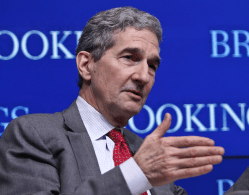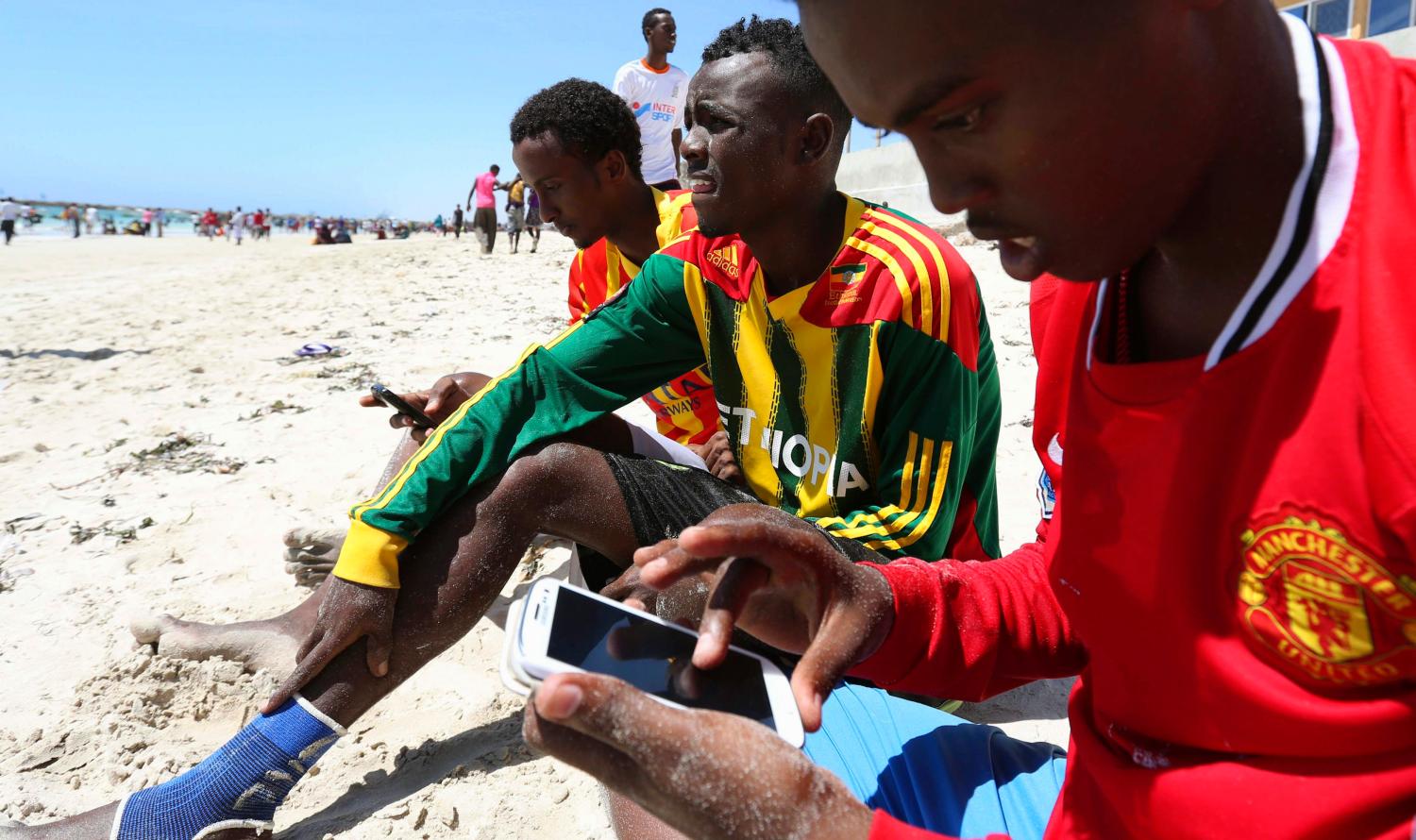The prevalence of mobile communication in the developing world is ever increasing, with now 89 active subscriptions per 100 inhabitants. With this access comes the potential for unprecedented insights into individuals and societies, such as migration patterns, economic transactions, and even importation routes of infectious diseases like Ebola. However, the absence of a common framework for sharing mobile phone data in privacy-conscientious ways and an uncertain regulatory landscape has made difficult scientists’ utilization of this powerful data.
In the latest paper in our Issues in Technology Innovation series, Yves-Alexandre de Montjoye, Jake Kendall, and Cameron F. Kerry explore important case studies that have uncovered valuable insights into understanding the spread of infectious diseases as well as strategies into micro-target outreach and driving update of health-seeking behavior. The authors argue for a more nuanced approach in protecting privacy related to mobile data, building a case for special exceptions made where data may be used for significant public good or to avoid serious harm to people.
To realize the potential for using data for social good, the authors recommend:
- Engaging companies, NGOs, researchers, privacy experts, and governments to agree on a set of best practices for new privacy-conscientious metadata sharing models.
- Accepting that no framework for maximizing data for the public good will offer perfect protection for privacy, but there must be a balanced application of privacy concerns against the potential for social good.
- Establishing systems and processes for recognizing trusted third-parties and systems to manage datasets, enable detailed audits, and control the use of data so as to combat the potential for data abuse and re-identification of anonymous data.
- Simplifying the process among developing governments in regards to the collection and use of mobile phone metadata data for research and public good purposes.
The Brookings Institution is committed to quality, independence, and impact.
We are supported by a diverse array of funders. In line with our values and policies, each Brookings publication represents the sole views of its author(s).





